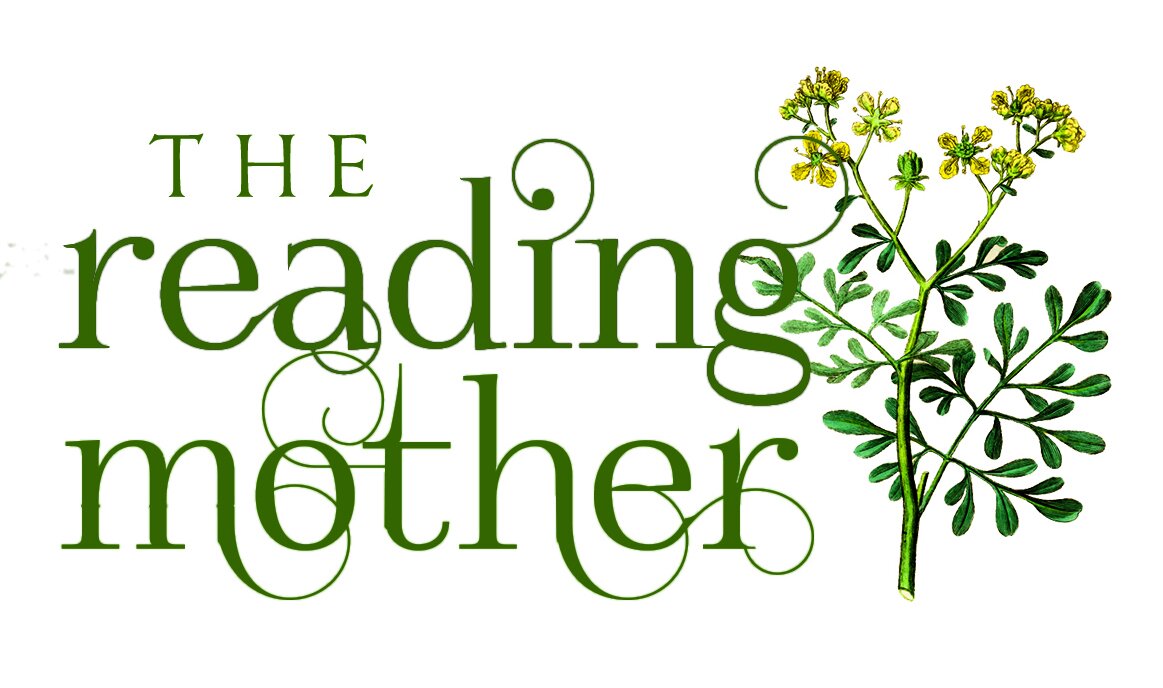Wendell Berry, Summer Scholé, and Assessing Education
This past summer, our family spent a good bit of time reading and discussing the stories of Wendell Berry. There were our Friday nights spent lingering over That Distant Land with a few young folks from our church and community. There was the long trek to the beach accompanied by the audio version of Hannah Coulter. There were the copies of Remembering and Andy Catlett: Early Travels and Jayber Crow and A World Lost scattered across the coffee table and around the living room, dog-eared and marked up by various family members. Around the dinner table and out on the patio and in the car, our discussions – rich and deep, often loud and contentious – boomeranged back to all things Berry, all summer. Honestly, for my bibliophile heart, it was as a little taste of heaven, a delightful, scholé kind of summer. I relished it all the more in knowing that it was a gift, and one unlikely to recur in such depth and intensity as young folks move on and out.Three of my young adults who were involved in these dicussions are college students living at home (how else could they afford it?) and the next oldest brother and his wife are graduates of the same small liberal arts college in our small town. I am still involved in our local homeschool co-op and my daughter and I are working towards opening a classical collegiate-model high school in the next year or so. Naturally, education is a big topic of discussion around here. And Berry has much to say about education, so our discussions around his books naturally gravitated in that direction. What is college for? What is education for? Is it worth all the money? Does it do more harm than good? Certainly, Berry has much to say in condemnation of modern education's ends and means, as Lindsay Brigham Knott addresses in "Hannah Coulter: Hard Questions on Education."
The accusation: Education rips apart what should be woven together—children from parents, people from places, husbands from wives, work from vocation, ideas from consequences. As she tells it, the way of life for which Hannah gives both thanks and lament is lost through education, her children’s education. The children grow up within “the membership”—Wendell Berry’s (or, to be precise, Burley Coulter’s) expression for the way of life in which neighbors are part of their place and part of one another. In all of Berry’s writings, the membership is the gift, the ideal, the great fragile good at life’s center; it is the insight that to be part of one another, you must be part of a place, and to be part of a place, you must be part of one another; it is the recognition that from this mutual “being-part-of” come meaning and wholeness.
With Berry, the reader is tempted to oversimplify his arguments and chalk them up to a sour lament for the "good old days," but that is to completely misunderstand him. He is not one-dimensional, and he is not arguing that everyone return to a world gone by. Instead, he invites the reader to count the cost of all innovation. Knott honors this invitation by asking some good hard questions of our our modern systems of schooling – from progressive to classical – in light of the story. (Spoiler alert: there is a summary of the whole story, so if you have not yet read Hannah Coulter, go read it first – or listen; the audio version linked above is outstanding. The narrator nails Hannah!) Read Lindsay's article at Circe Institute. Shortly after I read Knott's article, I listened to an interview with Jack Baker and Jeffrey Bilbro, authors of Wendell Berry and Higher Education, discussing the intriguing idea of what a Berry College might look like. That led me to order my own copy of Berry's prose treatise on education, The Loss of the University, which is now in my stack. Or should I say stacks? Someday soon, D.V., I'll read it and report back.

